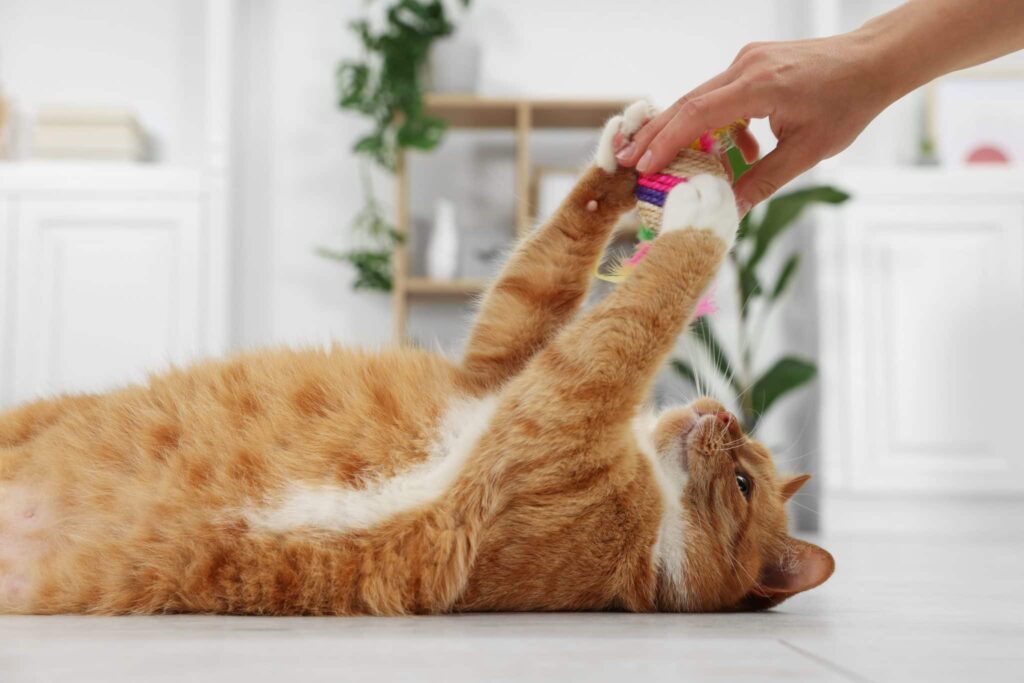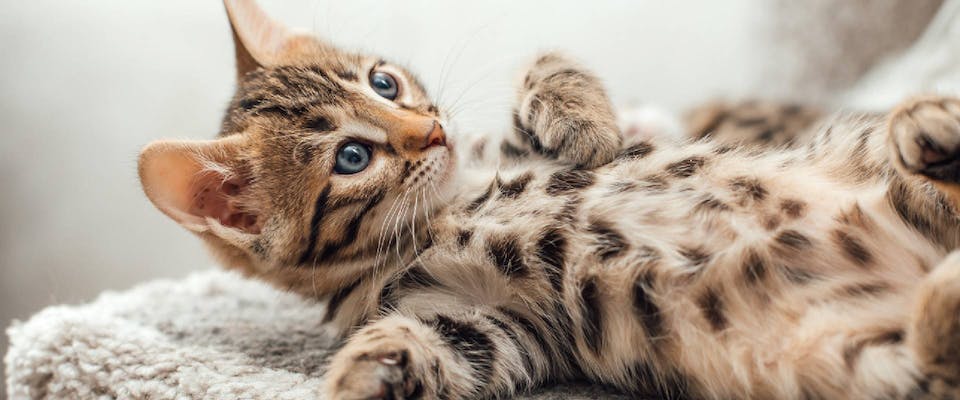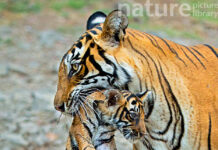
Cute kittens, with their lovable antics, fluffy fur, and wide, innocent eyes, have an undeniable charm that captures hearts all over the world. These small bundles of fur bring us joy, warmth, and a distinct brand of companionship. In this essay, we will dig into the captivating world of beautiful kittens, investigating their attraction, development, care, and the enduring link they form with their human friends.
Cute Kittens Have a Universal Appeal
Kittens have a worldwide appeal that crosses cultural and generational divides. Here are some of the reasons why we adore these lovely furballs:
Curiosity and amusement
Kittens are instinctively curious and playful, exploring their surroundings with limitless energy. Their antics, from pouncing on imaginary prey to chasing their tails, never fail to entertain.
Vulnerability and Ignorance
Kittens emanate a purity and vulnerability that arouses our protective instincts. Their small stature and delicate features strike at our sympathies.
Adorable Cuteness
Kittens are the epitome of cuteness, from their fluffy coats to their large, round eyes. Their melodious mews and purring only add to their allure.
Stress-relieving and Therapeutic
Connecting with kittens has been demonstrated to relieve stress and anxiety. The act of petting or playing with a kitten can provide a sense of calmness and delight.
Kittens go through various developmental phases, each with its own set of habits and milestones:
Newborn (0-2 Weeks)
Newborn kittens rely entirely on their mother for food and care. They are deaf, blind, and unable to control their body temperature.
Transitional (2-4 Weeks)
Kittens begin to open their eyes and ears at this time, and they begin to investigate their environment. They also gain social skills by interacting with their littermates.
Socialization (4–14 Weeks)
During this time, kittens become more energetic and lively. They form social links with their littermates and with humans, and their personalities emerge.
Juvenile (3-6 Months)
Juvenile kittens are at their most playful and curious. They are still developing and learning, and their coordination is improving noticeably.
Taking Care of Adorable Kittens

Raising kittens needs patience, attention, and responsibility. Here are some of the most important components of kitten care:
Nutritional Supplements – Kittens require a well-balanced diet that is high in key nutrients for growth and development. Commercial kitten food or homemade diets under veterinary supervision are advised.
Socialization – Kitten socialization is critical for their future conduct. To help children become well-adjusted adults, expose them to a variety of people, experiences, and places.
Litter Control – Teaching kittens how to use a litter box is an important part of kitten care. Provide a clean litter box and encourage them to use it.
Veterinary care on a regular basis – To ensure their health and well-being, kittens require vaccines, deworming, and monthly check-ups. To create a vaccination schedule, consult with a veterinarian.
Toys and Educational Resources – Kittens require mental as well as physical stimulation. To keep them interested and happy, provide toys, scratching posts, and opportunities for play.
The Everlasting Bond with Humans

Kittens have an intrinsic tendency to build strong attachments to their human caregivers. Here’s how this unique friendship develops:
Comfort and trust –
Kittens learn fast to rely on their human career for food, comfort, and protection. They crave warmth and affection from their human companions.
Companionship –
Kittens frequently become regular friends, following their owners around, snuggling, and offering emotional support.
Mutual Recognition –
Kittens and their owners establish a distinct language of communication over time. Purring, meowing, and other body language cues are examples of this.
Friendship that will last a lifetime. –
The attachment created during kittenhood has the potential to endure a lifetime. Cats are frequently adopted as family members, providing affection and company for many years.












